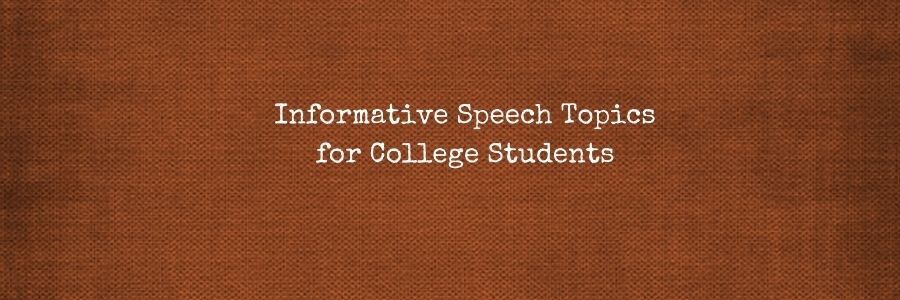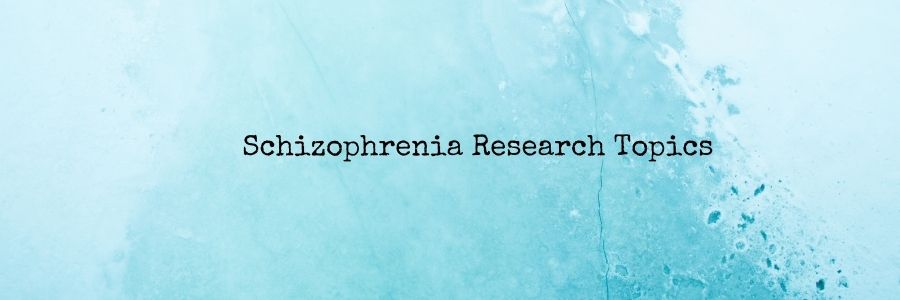-
20 Different Types of Poems: Forms, Features, and Examples
Poetry is one of the oldest and most powerful forms of expression. From ancient odes to modern free verse, poems have the power to stir emotions, tell stories, and paint vivid pictures using just words. But did you know there are many different types of poems, each with its own style, structure, and purpose? In this guide, we’ll explore 20 popular types of poems you should know, complete with definitions, key features, and examples to help you understand each poetic form better. What Is a Poem? A poem is a form of literature that uses rhythmic and aesthetic language to express feelings, ideas, or tell a story. Unlike regular prose,…
-
Ebbs and Flows Meaning: What This Idiom Really Means & How to Use It
Language is full of beautiful expressions, and one of the most poetic is “ebbs and flows.” You’ve probably come across this phrase in books, conversations, or motivational quotes. But what does “ebbs and flows” actually mean? In this blog post, we’ll break down the meaning of “ebbs and flows,” its origin, how to use it in real life, and examples to help you master this timeless idiom. What Does “Ebbs and Flows” Mean? “Ebbs and flows” refers to the natural rise and fall of things. It represents the highs and lows, or the good and bad phases that happen over time. 👉 In simple terms: Ebbs and flows = ups…
-
Beck and Call Meaning: Definition, Origin & Everyday Use
Have you ever heard the phrase “beck and call” and wondered what it really means? This common English idiom is often used in conversations, movies, and books—but many people still misunderstand or misuse it. In this blog post, we’ll break down the true meaning of “beck and call,” explore its origin, show how to use it correctly, and share examples to help it stick. What Does “Beck and Call” Mean? “At someone’s beck and call” means that a person is always available to do what someone else wants, often without question. It implies readiness to serve or respond immediately, almost like a personal assistant or servant. 👉 Meaning in simple…
-
Common Noun vs Proper Noun Explained: Simple Guide with Examples
Have you ever wondered about the difference between common nouns and proper nouns? You’re not alone! Understanding this basic grammar concept can help improve your writing, whether you’re a student, a content creator, or just polishing up your English skills. In this blog, we’ll break it down in a simple and easy-to-remember way. We’ll cover: What is a common noun? What is a proper noun? Key differences Examples in real sentences FAQs and SEO-rich insights Let’s dive in! What is a Common Noun? A common noun refers to a general person, place, thing, or idea. It does not name a specific one, and it’s not capitalized (unless it begins a…
-
Should You Capitalize Job Titles? Here’s What Grammar Experts Say
Whether you’re writing a resume, an email, or a LinkedIn post, you may have wondered: Should job titles be capitalized? It’s a common grammar question—and for good reason. The rules around capitalizing job titles can be tricky, especially when different writing styles (like APA, MLA, or Chicago) come into play. In this blog post, we’ll explore: When to capitalize job titles When not to capitalize job titles Examples of correct usage What style guides say SEO-friendly keywords to boost your grammar knowledge Let’s dive into the details and clear up the confusion! Quick Answer: Capitalize Job Titles? Capitalize job titles only when: They come directly before a name They are…














